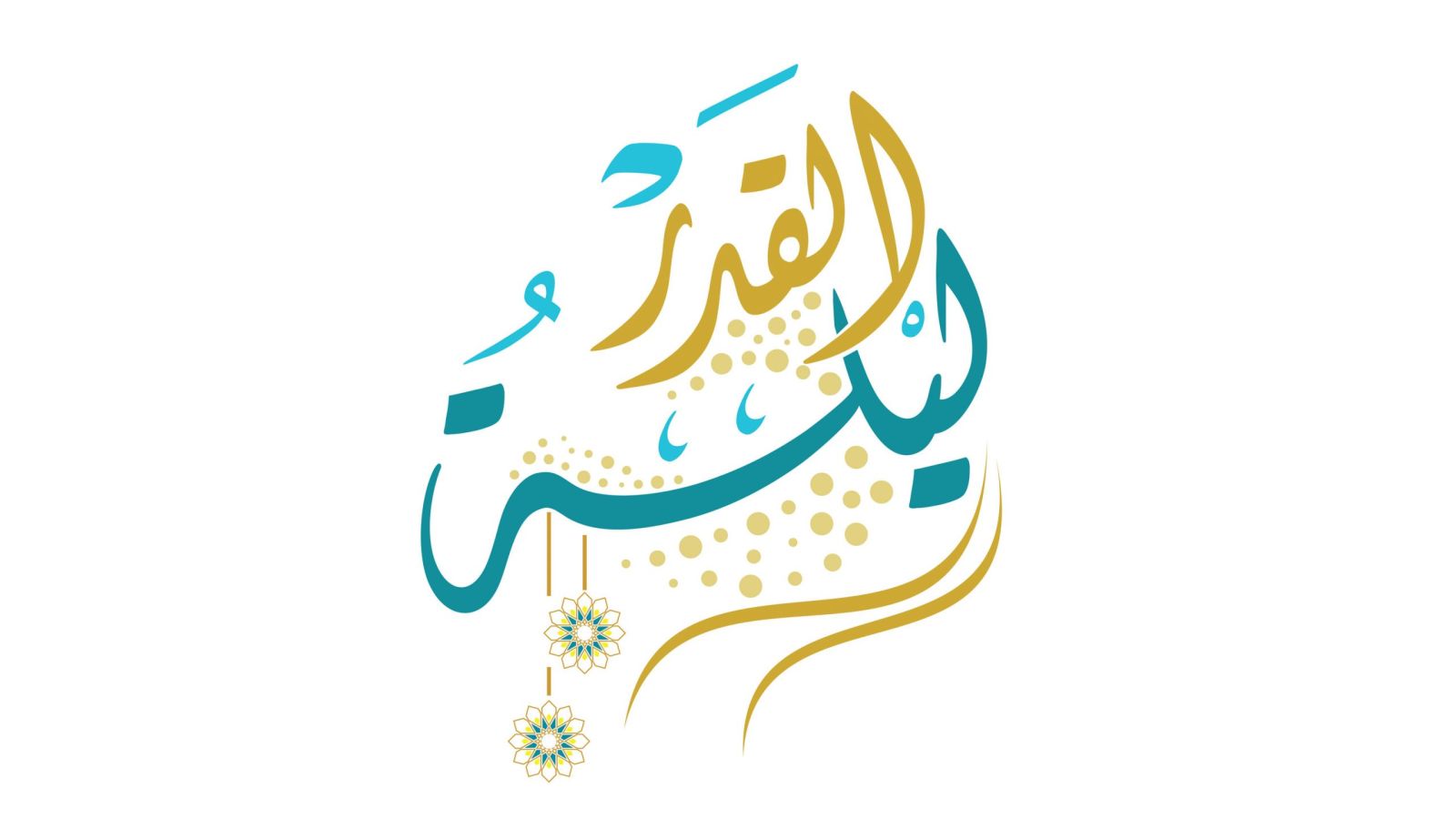Fasting the Month of Ramaḍān
Imām ʿAbd al-ʿAzīz ibn Bāz


Fasting the month of Ramaḍān is an obligation upon all Muslim men and women who are capable of fasting. Fasting is also recommended for boys and girls who have passed the age of seven years old who are able to endure it; it is also upon those in authority over them to order them to fast if they can endure it — the same way they are ordered to establish the prayer. The principle for this is in Allāh’s saying:
يَا أَيُّهَا الَّذِينَ آمَنُوا كُتِبَ عَلَيْكُمُ الصِّيَامُ كَمَا كُتِبَ عَلَى الَّذِينَ مِن قَبْلِكُمْ لَعَلَّكُمْ تَتَّقُونَ ﴿١٨٣﴾ أَيَّامًا مَّعْدُودَاتٍ ۚ فَمَن كَانَ مِنكُم مَّرِيضًا أَوْ عَلَى سَفَرٍ فَعِدَّةٌ مِّنْ أَيَّامٍ أُخَرَ ۚ ﴿١٨٤﴾
O you who believe! Observing al-ṣowm (the fasting) is prescribed for you as it was prescribed for those before you, that you may become righteous [Observing fasts] for a fixed number of days, but if any of you is ill or on a journey, the same number (should be made up) from other days.
[Surah al-Baqarah, 2:183-18٤]
up until Allāh’s saying:
شَهْرُ رَمَضَانَ الَّذِي أُنزِلَ فِيهِ الْقُرْآنُ هُدًى لِّلنَّاسِ وَبَيِّنَاتٍ مِّنَ الْهُدَى وَالْفُرْقَانِ ۚ فَمَن شَهِدَ مِنكُمُ الشَّهْرَ فَلْيَصُمْهُ ۖ وَمَن كَانَ مَرِيضًا أَوْ عَلَى سَفَرٍ فَعِدَّةٌ مِّنْ أَيَّامٍ أُخَرَ ۗ ﴿١٨٥﴾
The month of Ramaḍān in which was revealed the Qurʾān, a guidance for mankind and clear proofs for the guidance and the criterion (between right and wrong). So whoever of you sights (the crescent on the first night of) the month (of Ramaḍān i.e. is present at his home), he must observe ṣowm (fasts) that month, and whoever is ill or on a journey, the same number [of days which one did not observe ṣowm (fasts) must be made up] from other days.
[Surah al-Baqarah, 2:185]
The Messenger of Allāh (ﷺ) said:
Islām is built upon five [pillars]: testifying that there is none worthy of worship except Allah and that Muḥammad is the Messenger of Allāh; establishing the prayers; giving zakāt; making pilgrimage to the House (i.e. Kʿabah); and fasting the month of Ramaḍān.
This ḥadīth was narrated by Ibn ʿUmar (raḍi Allāhu ʿanhumā) and its authenticity is agreed upon. Likewise, his (ﷺ) statement when Jibrāʾīl asked him about Islām, to which the Messenger of Allāh (ﷺ) replied:
Islām is to testify that there is none worthy of worship except Allāh; and that Muḥammad is the Messenger of Allāh; establishing the prayers; giving zakāt; fasting the month of Ramaḍān; and making pilgrimage to the House (i.e. Kaʿbah) if you are able.
This Ḥadīth has been narrated by ʿUmar ibn al-Khaṭṭāb and was collected by Muslim in his Ṣaḥīḥ. Also its meaning has been collected by the two Shaykhs (Bukhārī and Muslim) from the narration of Abū Hurayrah (raḍi Allāhu ʿanhu).
It has also been recorded in the ṣaḥīḥayn (i.e. Saḥīḥ Bukhārī and Muslim) from the narration of Abu Hurayrah (raḍi Allāhu ʿanhu) that the Messenger of Allāh (ﷺ) said:
Whosoever fasts the month of Ramaḍān out of faith (i.e. belief) hoping for a reward from Allāh, then all his previous sins will be forgiven.
Likewise it has been confirmed from the Messenger of Allāh (ﷺ) said that Allāh mentioned:
Every action of the son of Ādam is given a good deed, each good deed receiving ten times its like, up to seven hundred times, except for fasting, for it is for Me and I will give reward him for it, he leaves off his desires, his food and his drink for Me.
There are two times of joy for the fasting person, a time of joy when he breaks his fast and a time of joy when he meets his Lord, and the smell coming from the mouth of the fasting person is better in the sight of Allāh than the smell of Musk.
The Ḥadīths concerning the virtues of fasting in the month of Ramaḍān and fasting in general are abundant. And Allāh is the possessor of success.
Source: تحفة الإخوان بأجوبة مهمة تتعلق بأركان الإسلام. ص.١٢٥-١٢٦
Translated by: Munīb al-Ṣumālī
Most Popular: Last 30 Days















